Relevant industry content we've curated covering a wide range of topics

Quick Guide: Trade Settlements at STP
As an end-to-end investment operation and technology service partner, STP’s trade settlements service can help you gain efficiencies with your operational tasks.
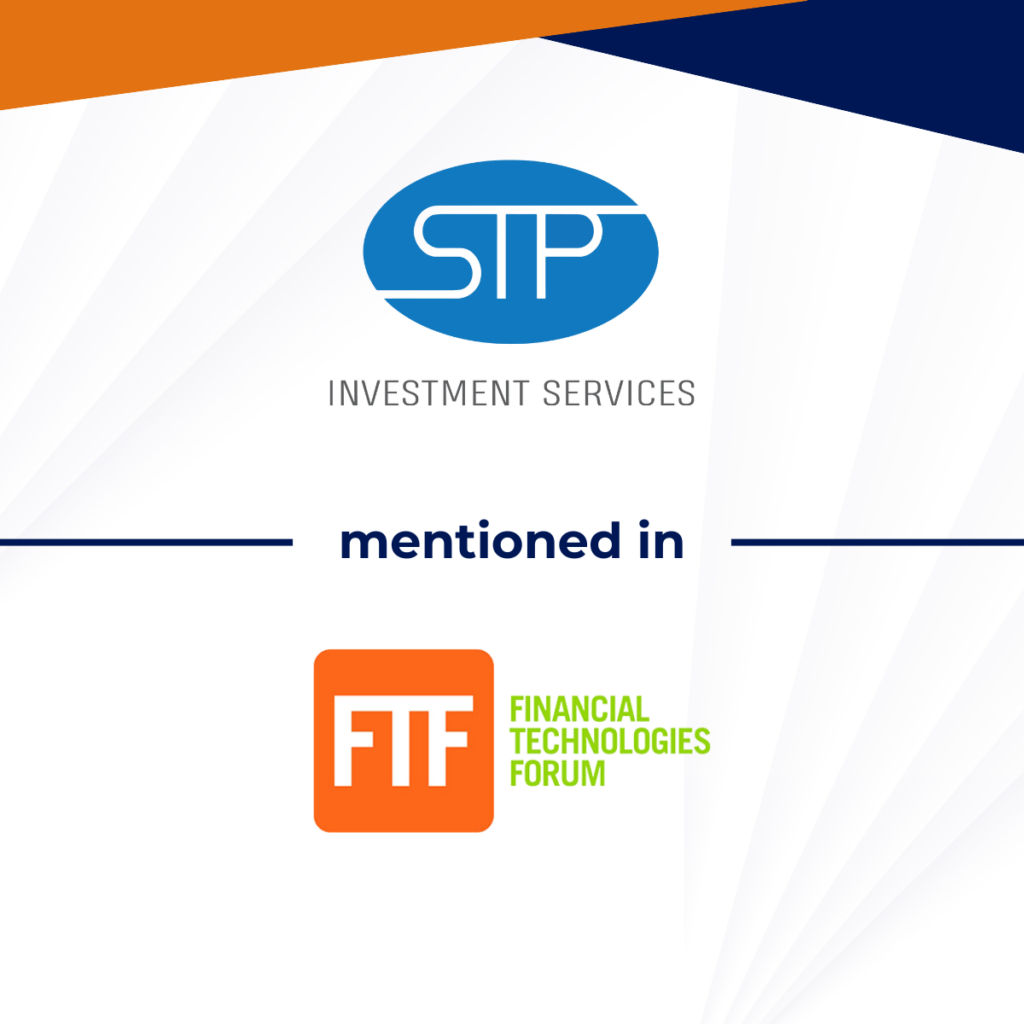
STP Mentioned in Financial Technologies Forum (FTF)
We were pleased to be mentioned in Financial Technologies Forum’s article “T+1 Glitches Emerge Between U.S. & E.U Settlement”.
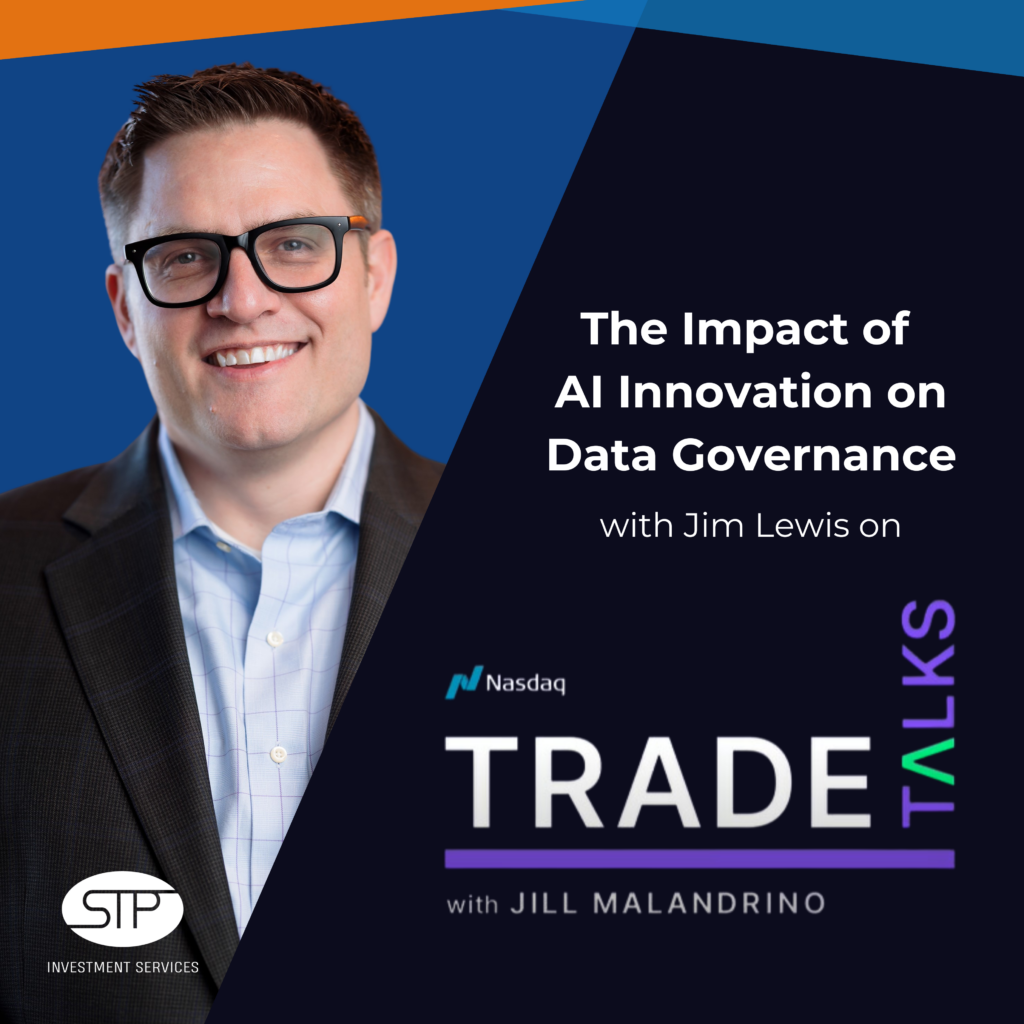
STP Featured on Nasdaq TradeTalks: The Impact of AI Innovation on Data Governance
Jim Lewis, Head of Technology at STP Investment Services and other panelist join Jill Malandrino on Nasdaq TradeTalks to discuss the impact of AI innovation on data governance and how to implement best practices across the enterprise.
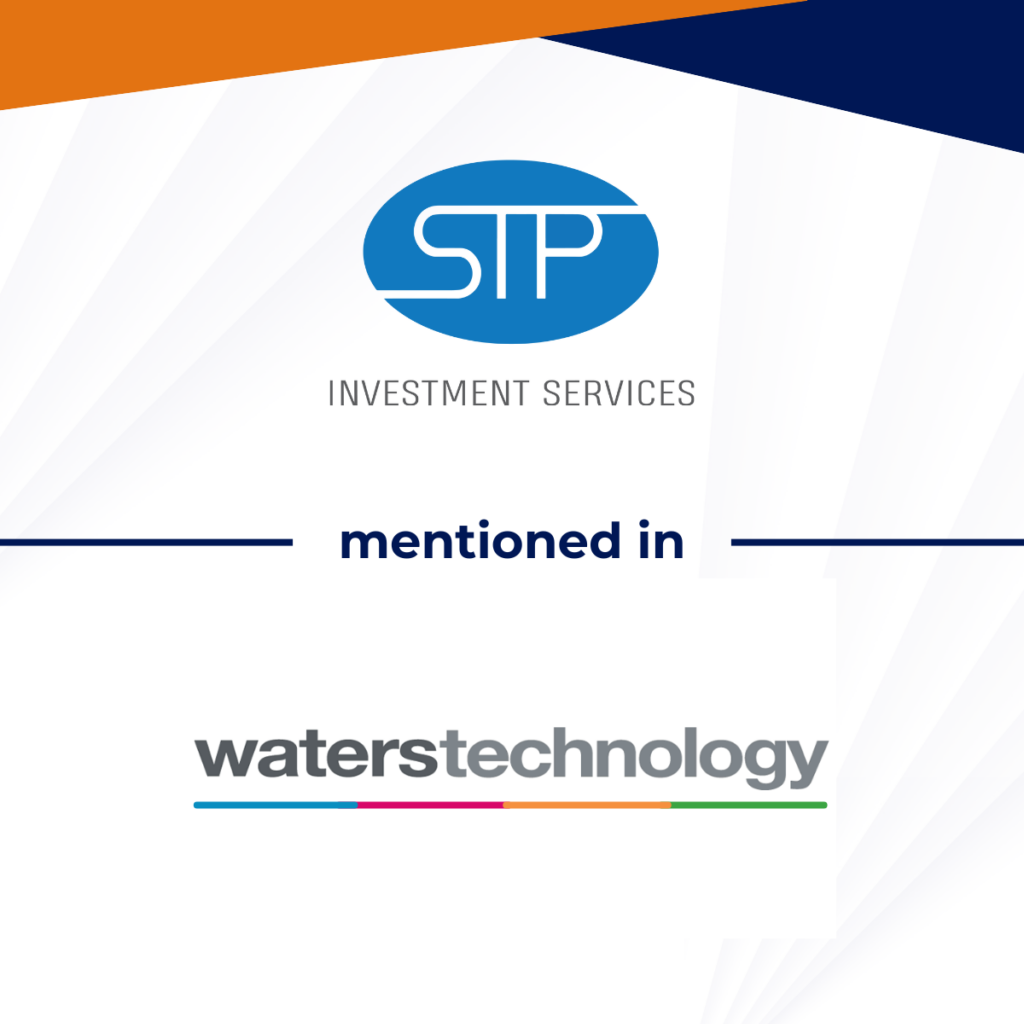
STP mentioned in WatersTechnology: Zeros and ones: Industry contemplates T+0 as the next step
All hands on deck—that was likely the directive for operational teams across US capital markets on May 28, 2024, the day when settlement cycles in North America moved from T+2 to T+1.
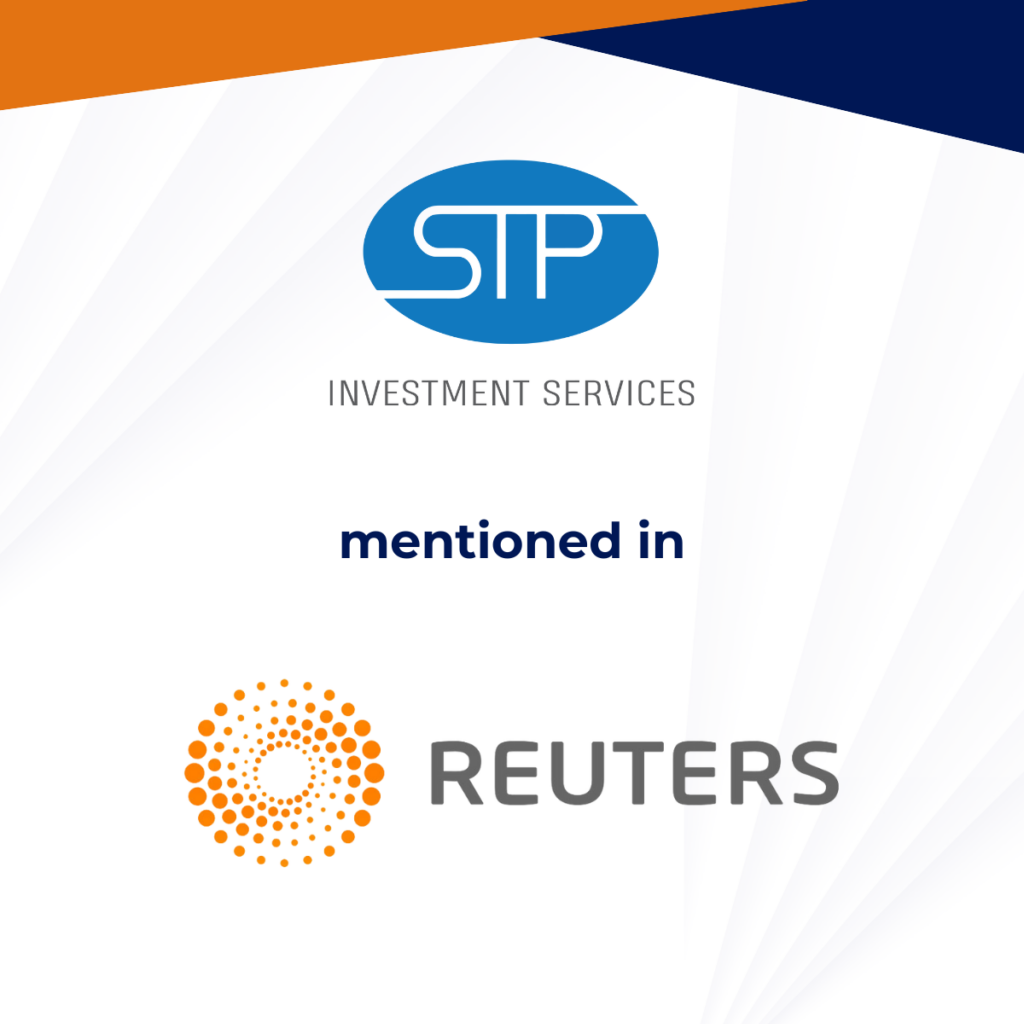
STP Mentioned In Reuters: Failed Wall Street trades rate roughly stable under faster settlement
Our AVP, Kaisha Lourens, Schnoll, has been featured in a recent Reuters article discussing the stability of Wall Street trades under the new settlement cycle.
Kaisha’s insights on the T+1 settlement transition highlight her expertise and dedication to the industry.
Read the full article:
https://lnkd.in/dNtaMfbx
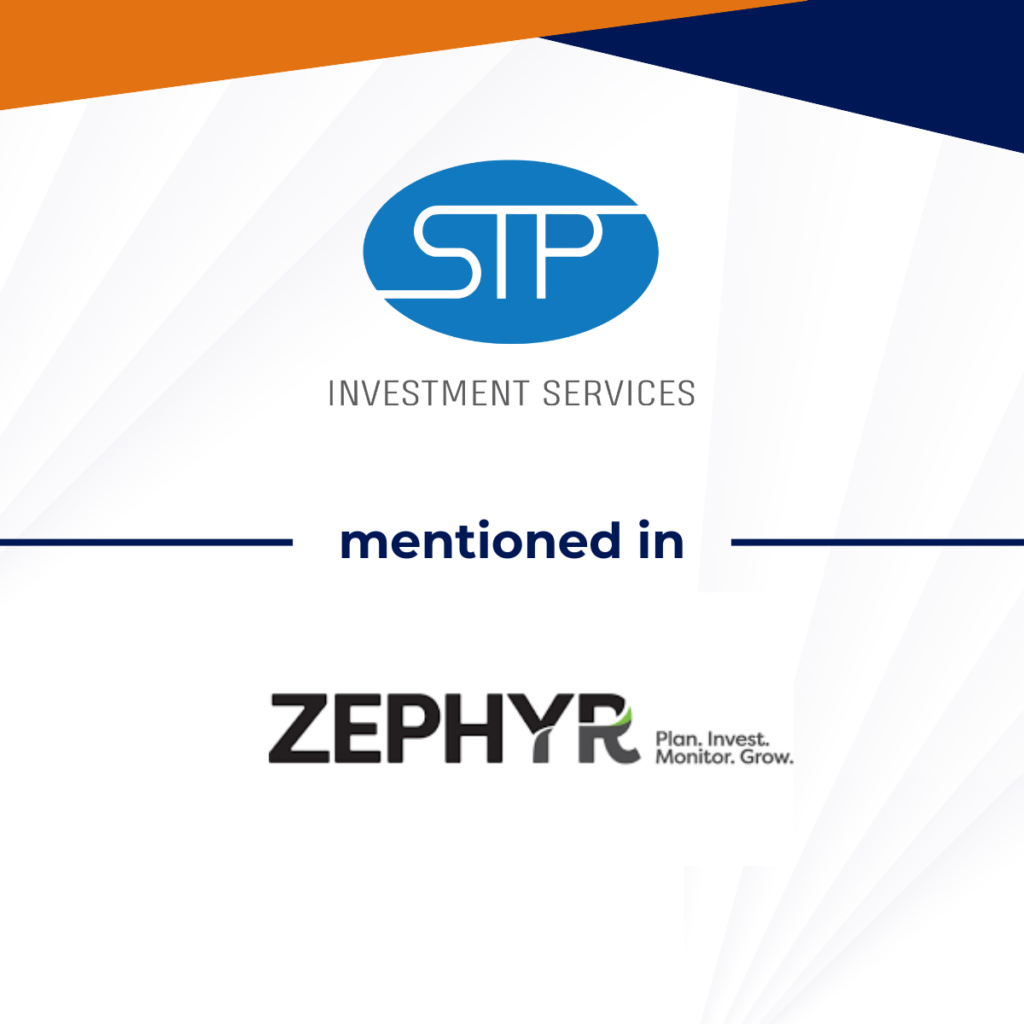
STP mentioned in the 2024 PSA Mid-year Outlook
STP’s Dan Houlihan contributed an article to the 2024 PSA Mid-Year Outlook, which serves as a resource for financial advisors, family offices, asset managers, financial analysts, and wealth managers.
Read Dan’s thoughts about the evolution of outsourcing and what is driving trends in the middle office.

STP Mentioned in Financial Technologies Forum (FTF)
We were pleased to be mentioned in Financial Technologies Forum’s article “T+1 Self-Affirmation Rates Below Expectations”.
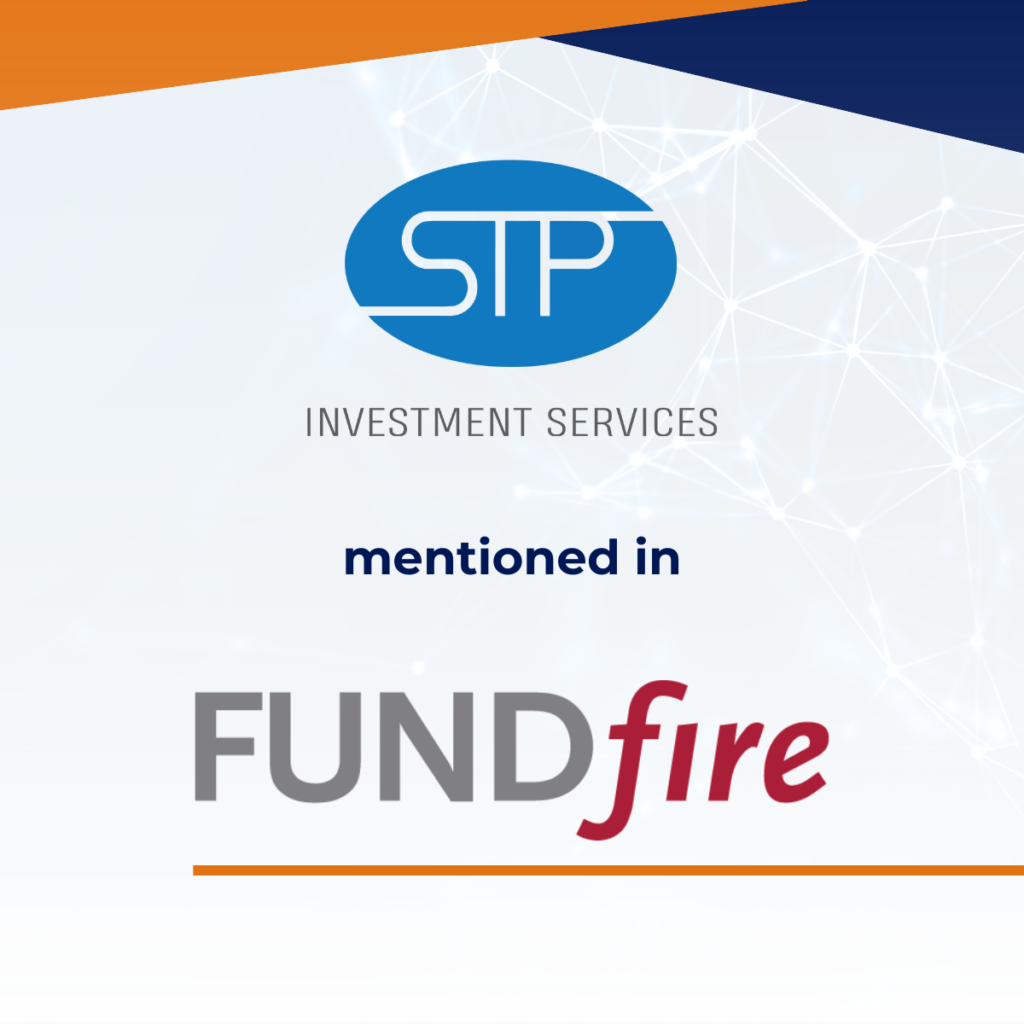
STP Mentioned in FundFire – Alts Managers Embrace Large-Scale Moves to Optimize Fund Ops
We were pleased to be mentioned in FundFire’s article “Alts Managers Embrace Large-Scale Moves to Optimize Fund Ops”.

7 Simple Steps To Confirm Your Preparedness for T+1
Listen to our replay now on 7 simple steps to confirm your preparedness for T+1.

Are You Ready for It? Preparing for the Move to a T+1 Trade Settlement Cycle
In February 2023, the Securities and Exchange Commission (SEC) announced a move to a T+1 trade settlement cycle expected in May 2024. This move means that securities transactions must settle one business day after the trade date. Up until this point, the trade settlement cycle has been two business days (T+2). While halving the time to settlement may seem like an aggressive jump, the goal of the move is to make markets more efficient for investors and to reduce risk—just a couple of the long list of benefits that come with T+1. But that doesn’t mean there won’t be challenges.

Reassessing Outsourcing Relationships – Citisoft
An article by Citisoft debates the merits of reevaluating outsourcing relationships, for investment firms to see how their outsourcing relationships are holding up. We offer our perspective.

The Next Era of Outsourcing – Alpha FMC
An article from Alpha FMC outlines how outsourcing has become an increasingly important strategic direction for investment managers.